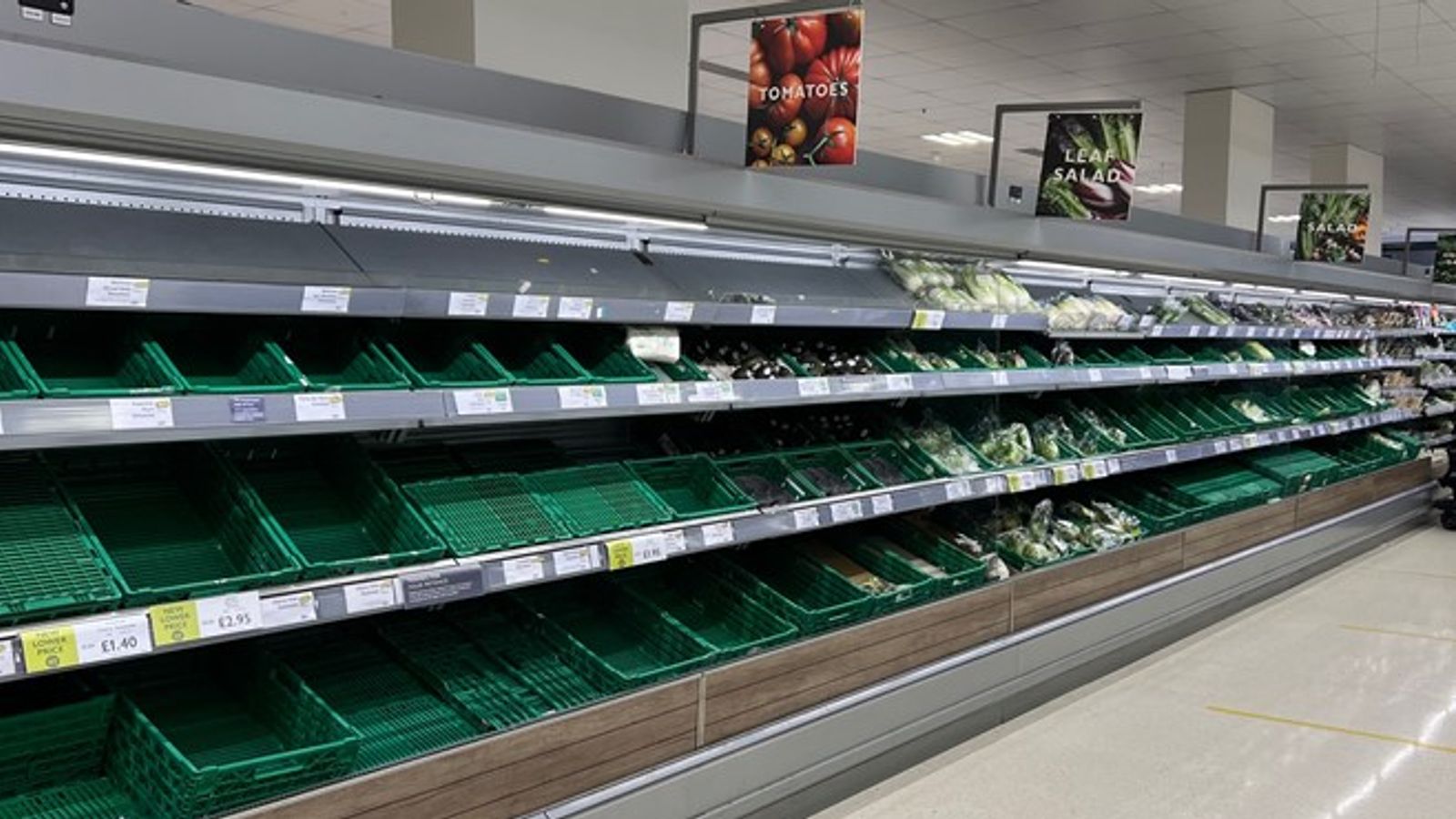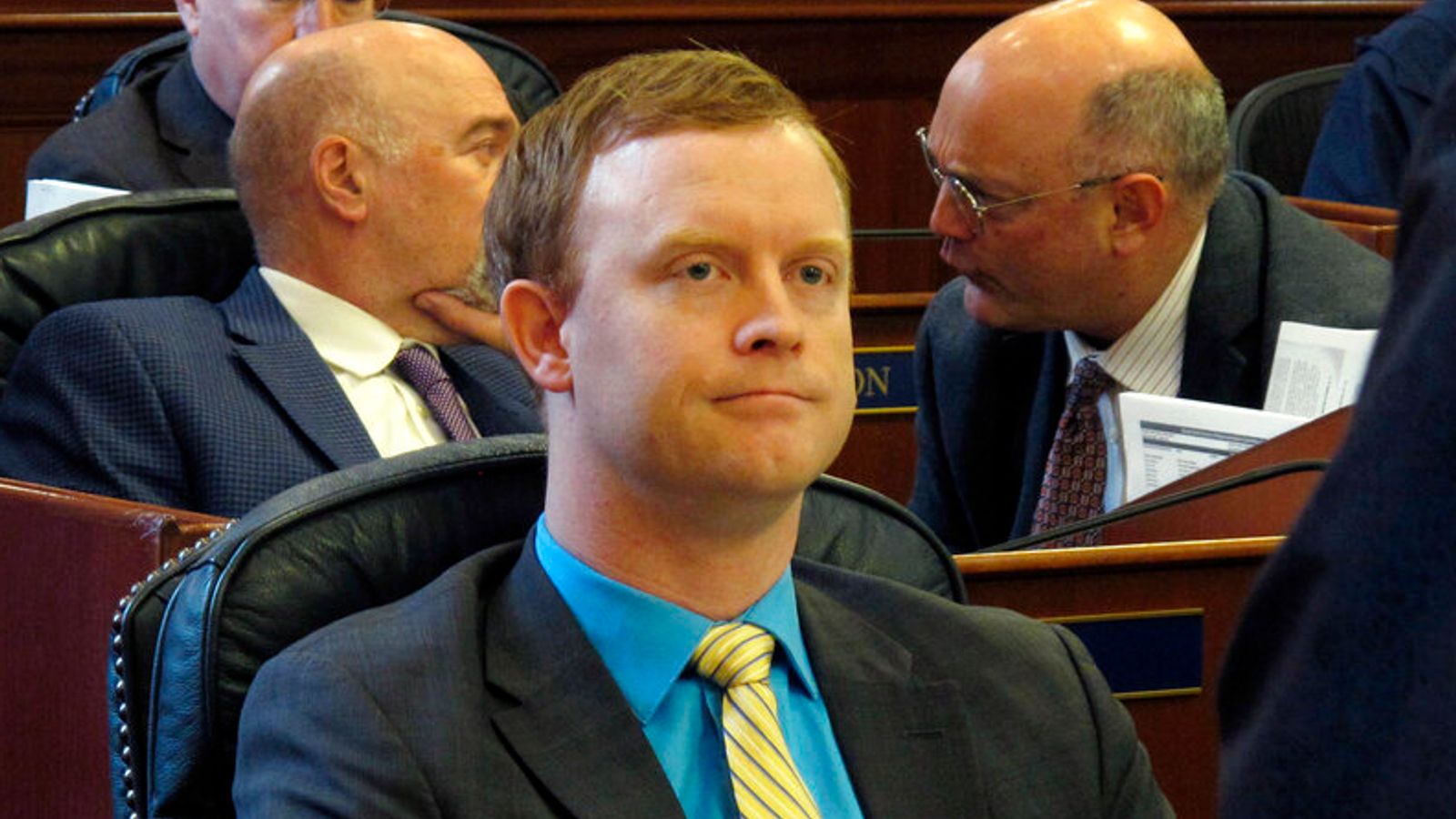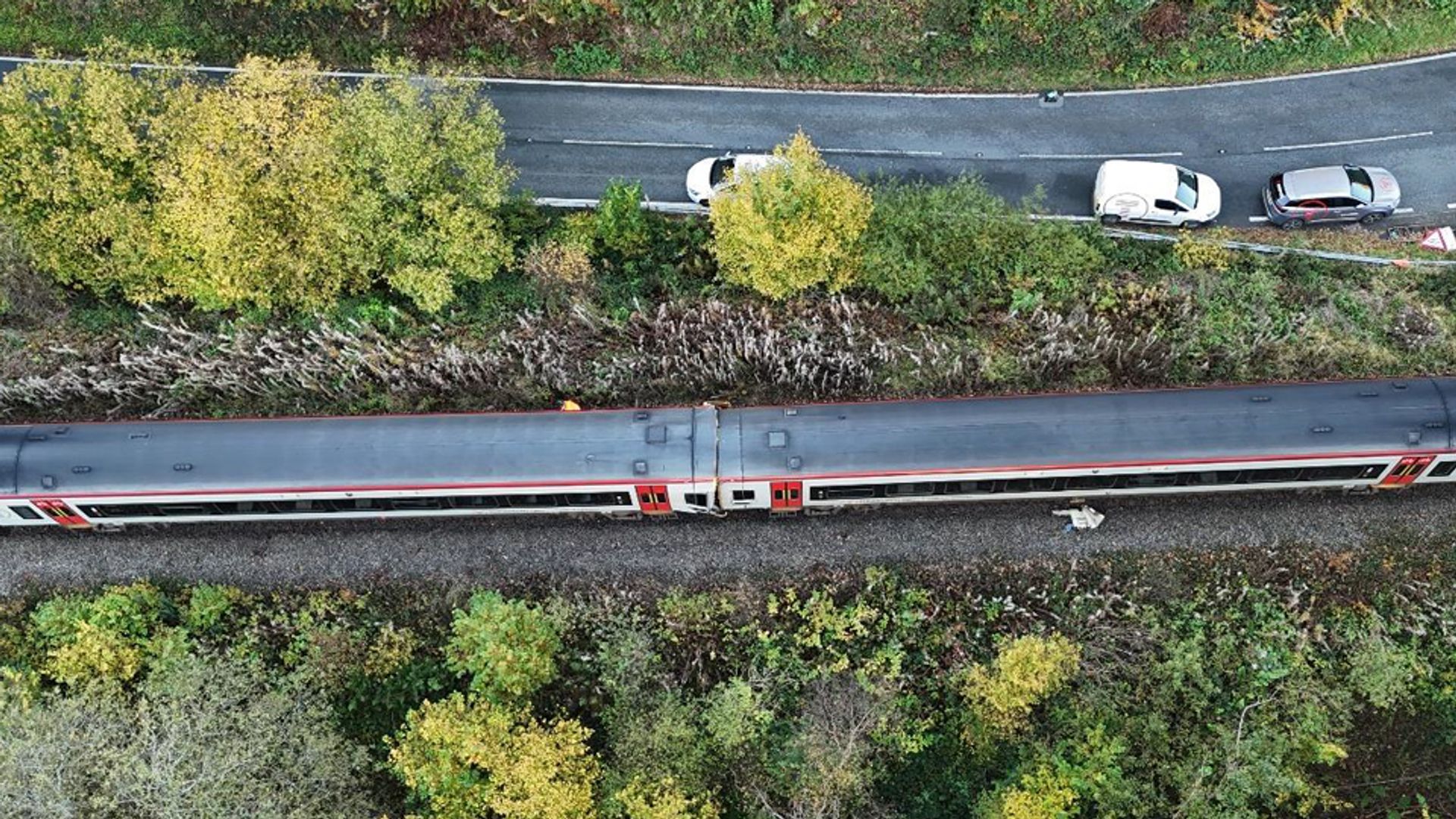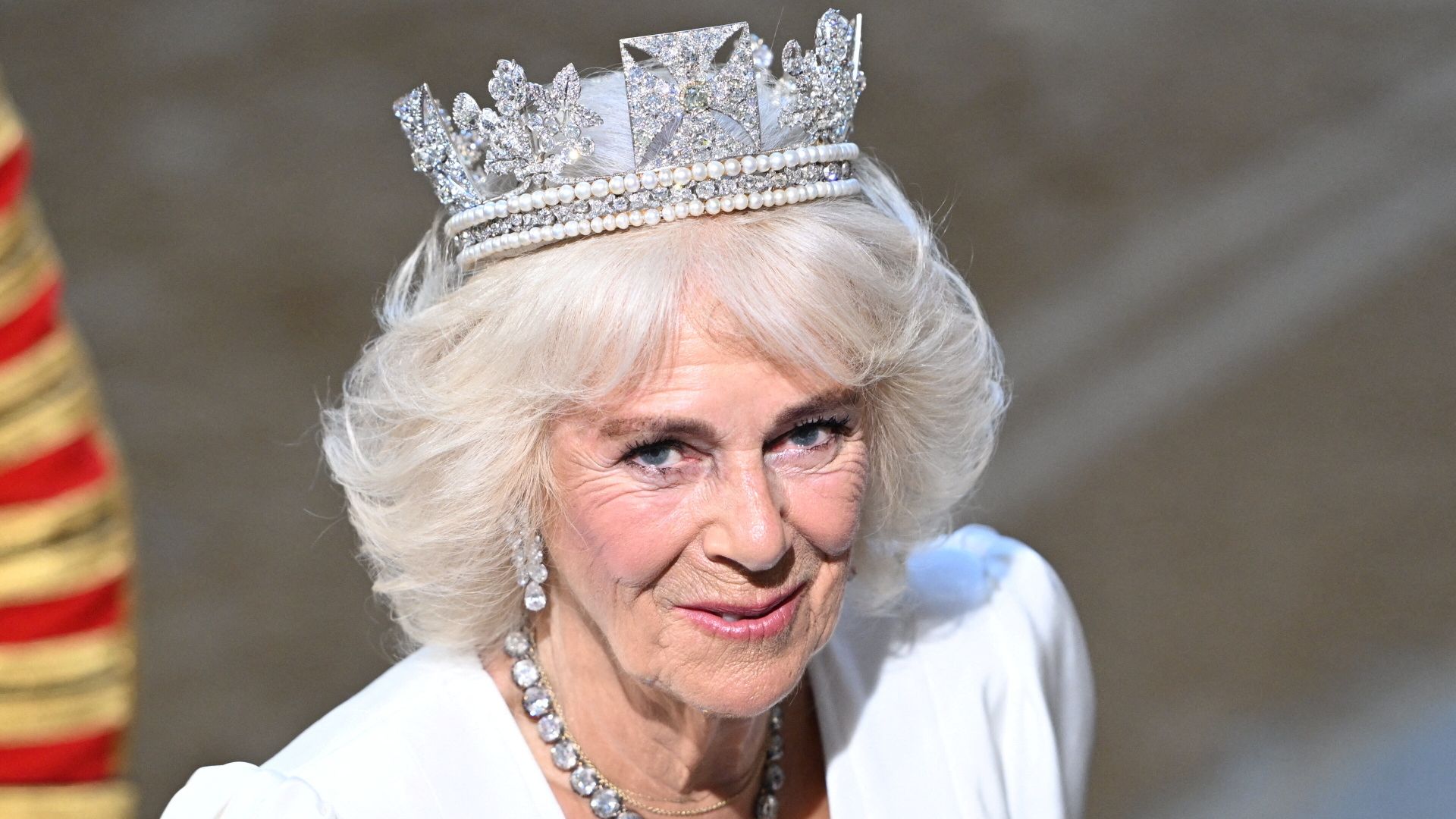A number of supermarket chains have indicated they have no plans to introduce restrictions on sales of many salad items as shortages hit many shelves.
Market leader Tesco, Asda, Morrisons and Aldi are major names to have confirmed this week that limits are in place for items such as tomatoes, peppers, leafy greens and cucumbers.
While supplies Europe-wide have been hit by poor harvests overseas, particularly in Spain and north Africa, the UK has been particularly exposed due to supermarket contracts and high energy costs facing domestic suppliers.
UK, and growers in other northern European nations, need to heat their greenhouses to maintain crops during the winter months.
In this country’s case, the costs have been prohibitive because of record prices in the wake of the war in Ukraine.
Producers’ main gripe is that the government excluded horticulture from the Energy and Trade Intensive Industries scheme that provides help with energy costs.
Sainsbury’s and M&S were yet to comment on their respective sales policies.
The cost of living crisis is triggering a wave of workplace crime – here’s how
New independent regulator to oversee financial stability of English football and stop clubs joining breakaway leagues
Heathrow annual losses halve to £684m as pandemic recovery gathers speed
But Waitrose, Lidl and the Co-op were three supermarket chains to tell Sky News on Thursday that they were operating with no restrictions.
That does not mean, however, that their shelves are filled with a bounty to leave rivals green with envy.
Please use Chrome browser for a more accessible video player
Shortages will inevitably lead shoppers to seek out supplies where they exist.
Panic-buying is unlikely, however, as salad items are hardly essential items (remember the rush for loo rolls at the start of the pandemic in 2020?).
Read more from business:
Cost of living crisis triggering wave of workplace crime
Heathrow annual losses halve as pandemic recovery gathers speed
Restrictions on things like tomatoes, where they exist, will also help preserve enough to go round.
Sky News reported on Wednesday how the country’s largest domestic grower, APS Produce, had warned that British tomatoes were likely to remain scarce until the end of April.
Please use Chrome browser for a more accessible video player
It blamed the soaring cost of energy and fertiliser.
Justin King, who was CEO of Sainsbury’s for a decade to 2014 and currently a non-executive director of Marks & Spencer, told the BBC: “There is a genuine shortage but we did rather bring this problem upon ourselves.
“We could have chosen to subsidise the energy this winter as we have done for other industries.”
He said most UK supermarkets still had “very good” supply of salad vegetables coming in but overall the country was short.











